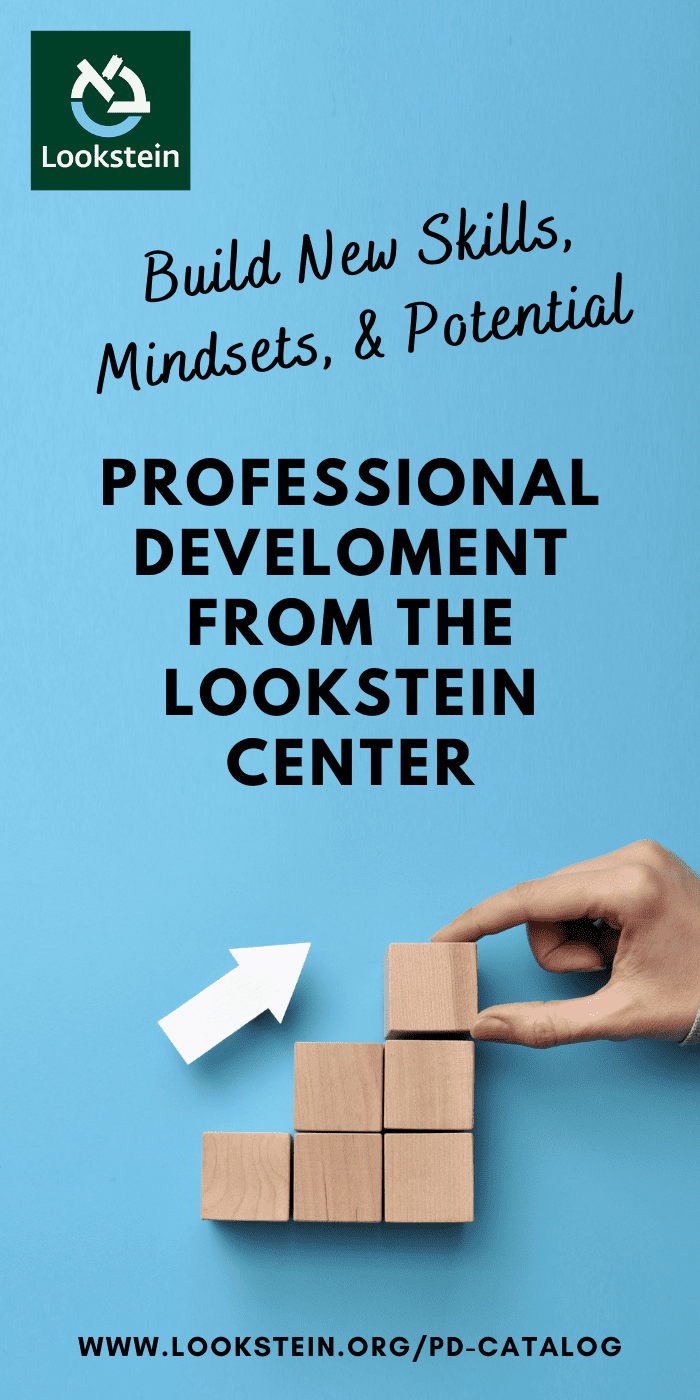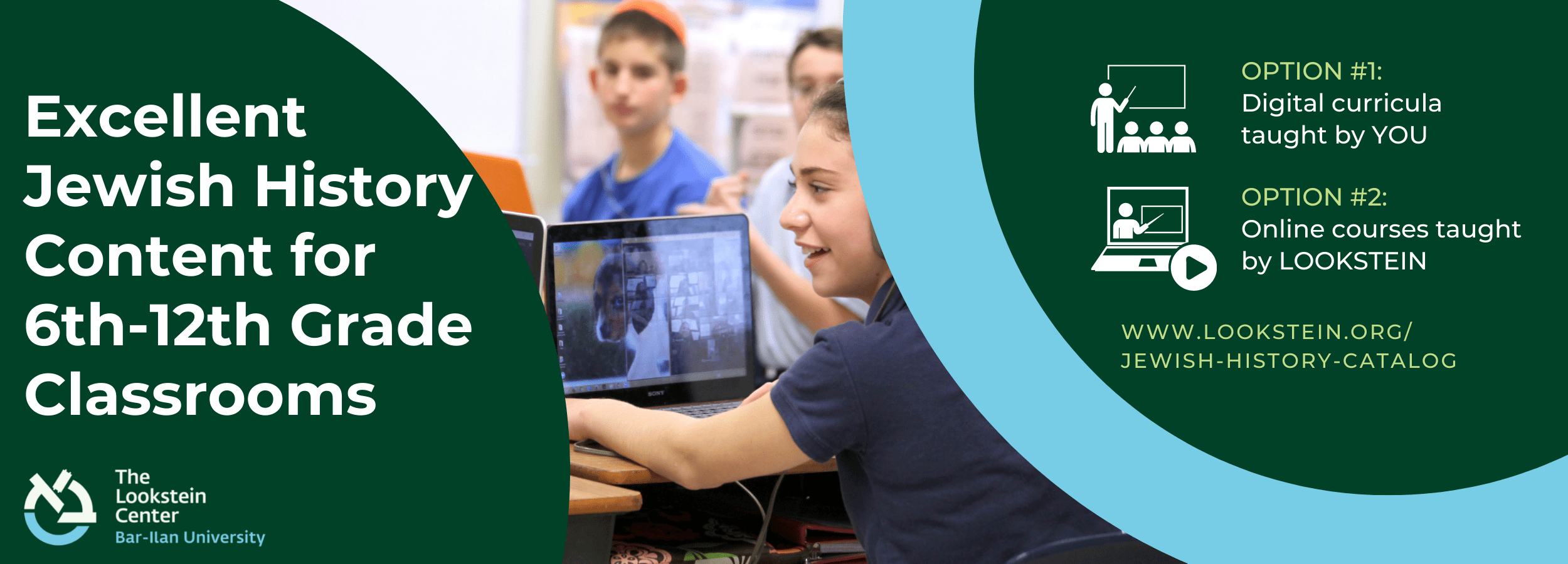A number of years ago, at a community Shabbaton in Cape Town, I was presented with a dilemma. Until then, the government oversaw all learning even in private schools. That meant that there were governmental standards in Jewish studies and that Jewish studies grades appeared on students’ official transcripts, like their grades in History and Science. The department of education had recently decided to change the policy and get out of the business of overseeing non-core subjects, and the Jewish community was anxious—why would their students pay any heed to their Jewish studies classes if they were not going to “count?”
The South African Jewish community was thrust into a crisis that other Jewish communities had been grappling with for decades, if not longer. In a free, democratic environment, where Jews were integrating into the general society, why should Jewish children pay attention to their Jewish studies? That question has taken on increasing urgency with the passage of time. The classic sources seem further removed from our contemporary world than ever and Jews are integrating into general society in ever increasing ways. Regardless of denominational affiliation, there is a growing sense that every Jewish child will be making a choice as to whether and to what degree to live an engaged Jewish life. Every student in any Jewish educational setting—day school, supplementary school, synagogue school, youth group, camp, etc.—has to be viewed as a potential Jew by Choice. The implication for educators is clear: our educational program needs to be built in such a way that our students will be more likely to choose to live Jewishly engaged lives. And that is true for Jews in every corner of the world where they are free to choose.
Perhaps this is why the topic for this journal, making Jewish learning meaningful, touched raw nerves in so many people from an extraordinary range of the community. The response to the Call for Papers included submissions from community schools to Orthodox schools, formal and informal educators, academics, leaders in central agencies for Jewish education, classroom teachers, researchers, communal Rabbis, and school heads. The urgency of the topic demanded that we publish the double issue before you.
To help you navigate the articles, we have divided them into sections. The first, the overview section, includes articles that explore the issue of meaning-making with a blend of theory and a practical framework. The second section focuses on how to address making meaning by looking at the content and pedagogy of what happens in the classroom. The third emphasizes the role of school culture and includes articles which argue cogently and forcefully against popular notions of what makes learning meaningful. The fourth expands the perspective by looking at informal educational settings.
Like with most core questions, there is no single answer which will fit every individual and every setting. But substantive engagement with the questions can help educators in their variety of frameworks to find ways to educate even more meaningfully. It is our hope that the articles in this journal will provide inspiration and grist for fruitful thought, discussion, and improved educational experiences for our students.



